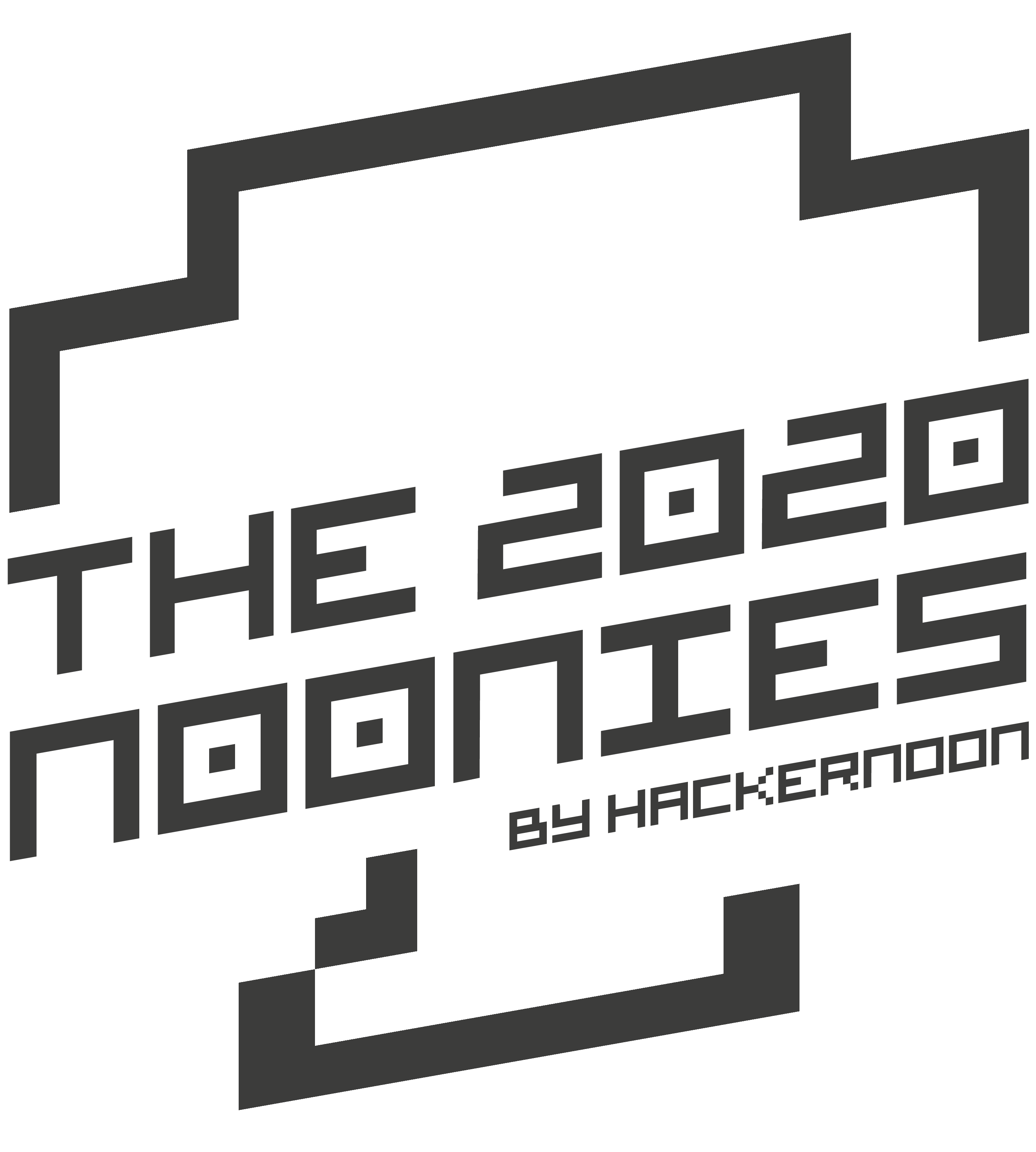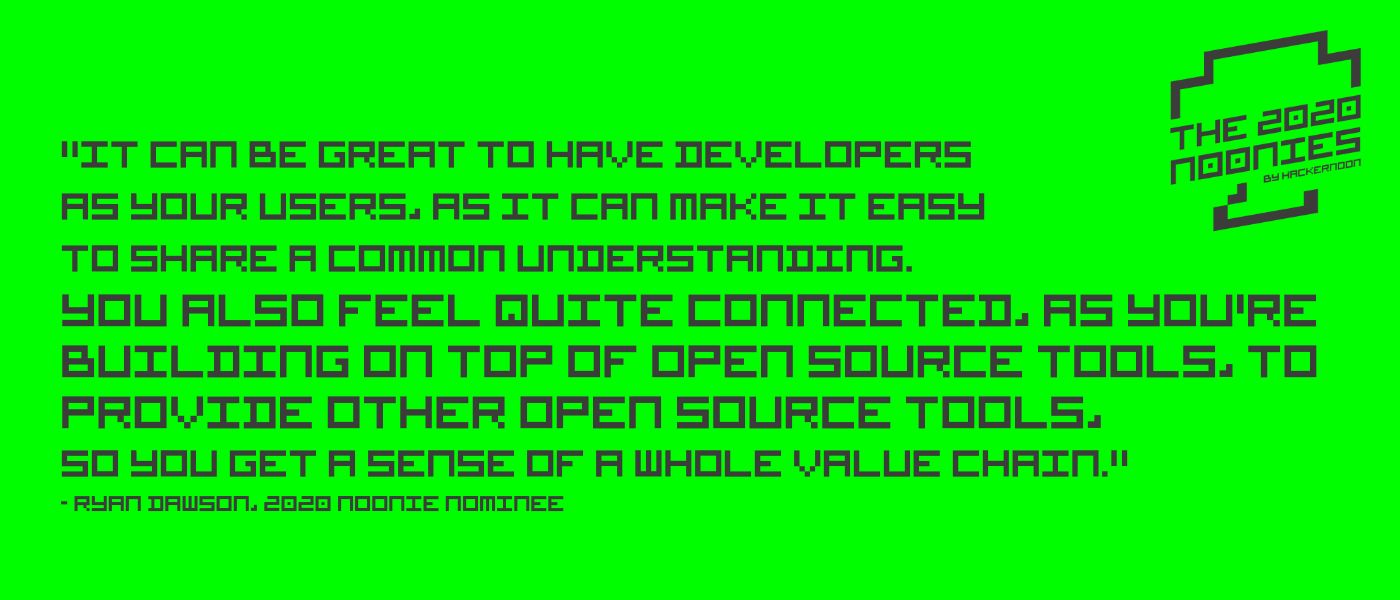203 reads
Ryan Dawson on Open Source Tools and MLOps — A Noonie Nom Interview
by
August 13th, 2020

The Tech Industry's Greenest Awards. Public Nominations Are Open. Voting Starts Aug 13.
About Author
The Tech Industry's Greenest Awards. Public Nominations Are Open. Voting Starts Aug 13.
